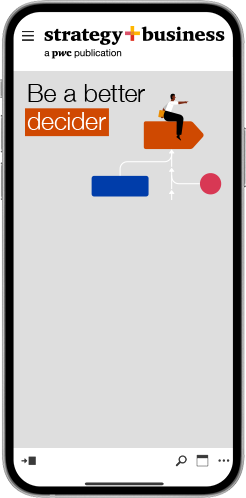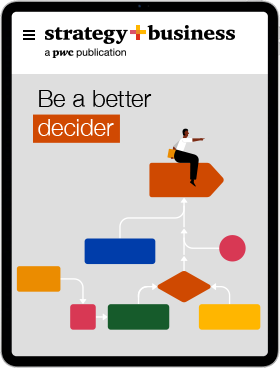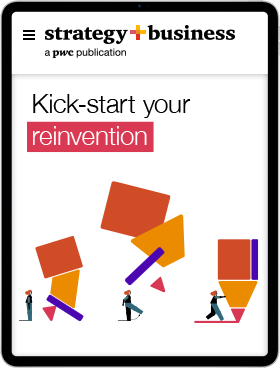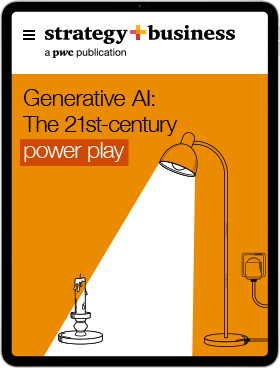Issue 60, Autumn 2010
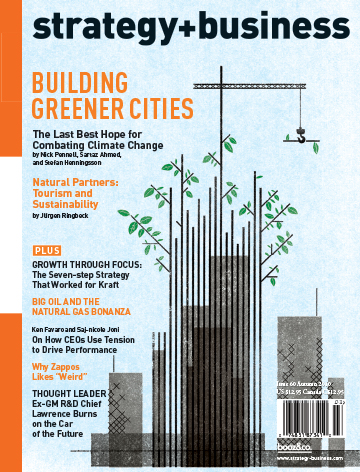
Cover story
- How the world’s cities develop their infrastructure over the next 30 years will determine the future path of global warming.
In this issue
The Megacommunity Approach to Tackling the World’s Toughest Problems, Charles Landry Knows What Makes Cities Great: Distinction, Variety, and Flow
Destination: Green Tourism
In an era of environmental consciousness, every locale that wants to remain attractive and competitive needs a strategy for sustainability.The Megacommunity Approach to Tackling the World’s Toughest Problems
Three projects in Rome are showing how companies, governments, and other organizations can work together to increase their effectiveness.Charles Landry Knows What Makes Cities Great: Distinction, Variety, and Flow
From Amsterdam to Adelaide, this unorthodox thinker has divined the connections between economic prosperity and creative achievement, and their implications for the future of the city.Growth through Focus: A Blueprint for Driving Profitable Expansion
Rather than seek increased revenues and profits by expanding products and markets, companies should follow a seven-step strategy for achieving more with less.Getting Tensions Right
How CEOs can turn conflict, dissent, and disagreement into a powerful tool for driving performance.
Comment
Big Oil and the Natural Gas Bonanza
The oil majors hope to make major money in natural gas, but can they learn to operate two distinct types of businesses under one roof?A Gandhian Approach to R&D
Scientist and scholar Raghunath Mashelkar explains a new model of innovation from India that benefits the world’s poor.Strategy by Design
Enterprise architecture can eliminate the gap between an organization’s technology and its business model.At Zappos, Culture Pays
The thriving Internet shoe retailer has made its name and a lot of money by being eccentric.Theory U and Theory T
Thoughts on the 50th anniversary of one of the most influential contributions to management theory.Health Insurance Gets Personal
As reform legislation makes the U.S. healthcare industry more consumer-centric, companies will need to change their business models and add new capabilities.
Conversation
The Thought Leader Interview: Lawrence Burns
GM’s former head of R&D has a bold vision of how the automobile will evolve in the cities of the 21st century.What experience would you like with that?
How a new view of consumers changed the way we think about products, companies, and economies.Prosperity Lost and Regained
A review of The Road from Ruin, by Matthew Bishop and Michael Green.Prosperity without Growth
A review of Smart Growth, by Edward D. Hess.Continual Prosperity
A review of The Rational Optimist, by Matt Ridley.Prosperity Redistributed
A review of The Spirit Level, by Richard Wilkinson and Kate Pickett.Listen First, Comment Later
When new information is introduced at the start of a meeting and opinions are held until the end, groups make smarter choices.When It Pays to Stay in School
Students who enter the job market while the economy is strong find success earlier and earn higher wages throughout their careers than those who join the workforce during a down economy.Doing Well by Doing Bad
Successful firms are more likely to break the law when their managers are under tremendous pressure to exceed quarterly goals.The Psychology of Consumer Choice
Advertisements can subconsciously condition consumers to associate products with a certain feeling, which can affect the decision to buy.Leaving Money on the Table
Performance-based compensation plans can appeal to both employees and employers, but for different reasons.Making the Most of Failure
Organizations can learn more from their failures than their successes.
Trending articles
- 1.Are You Increasing Your Learning Agility — Or Are You Missing Out?To be a more agile leader, nurture the habits that accelerate your learning capacity and be aware of the ones that block new experiences. For more insight, see “Leaders: Break Through Your Learning Blockers.”
- 2.10 principles of organization designThese fundamental guidelines, drawn from experience, can help you reshape your organization to fit your business strategy. See also “A guide to organization design.”
- 3.How fearless organizations succeedAmy Edmondson describes three steps leaders can take to create psychological safety, the prerequisite for greater innovation and growth.
- 4.The power of feelings at workBy aligning the pursuit of business objectives with the meeting of human needs, companies can tap into powerful emotional forces in their current cultural situations.
- 5.The rise of the eco-friendly consumerDuring the pandemic, people have become more sensitive to the environmental impact of their shopping decisions—and companies are responding.

